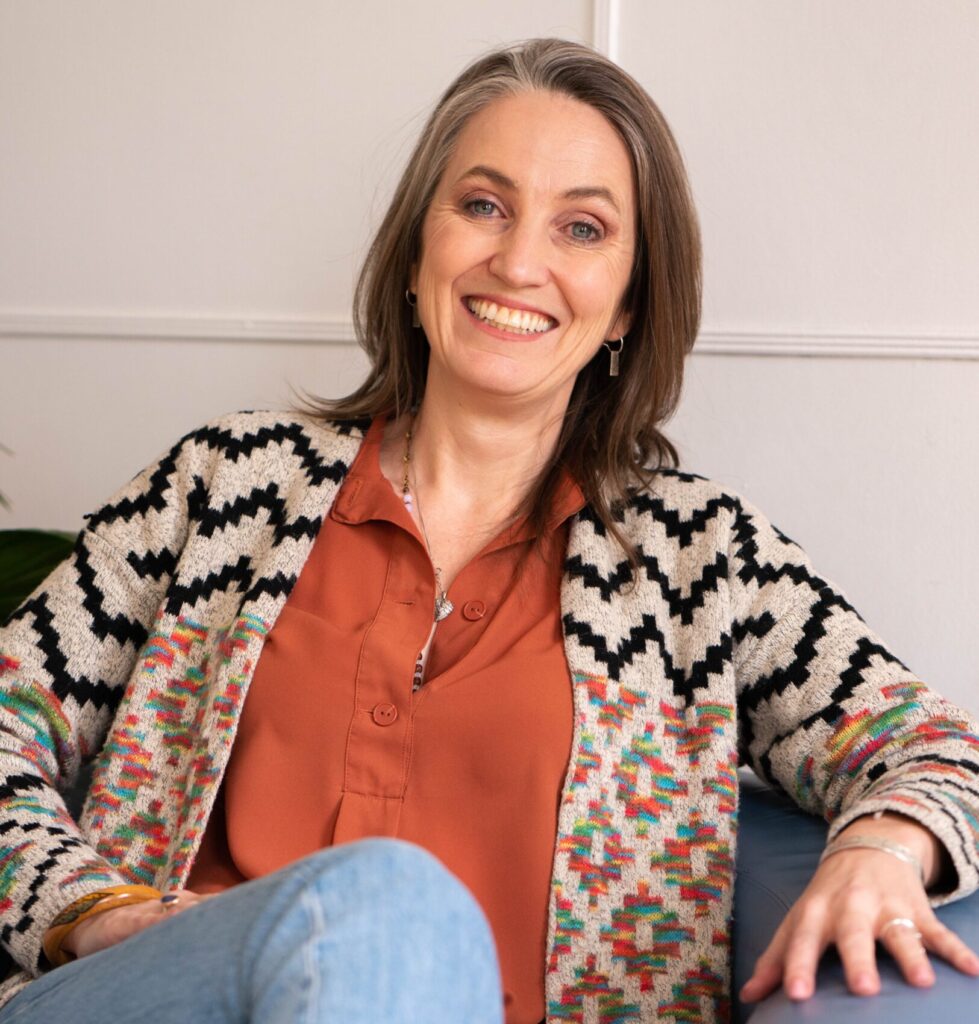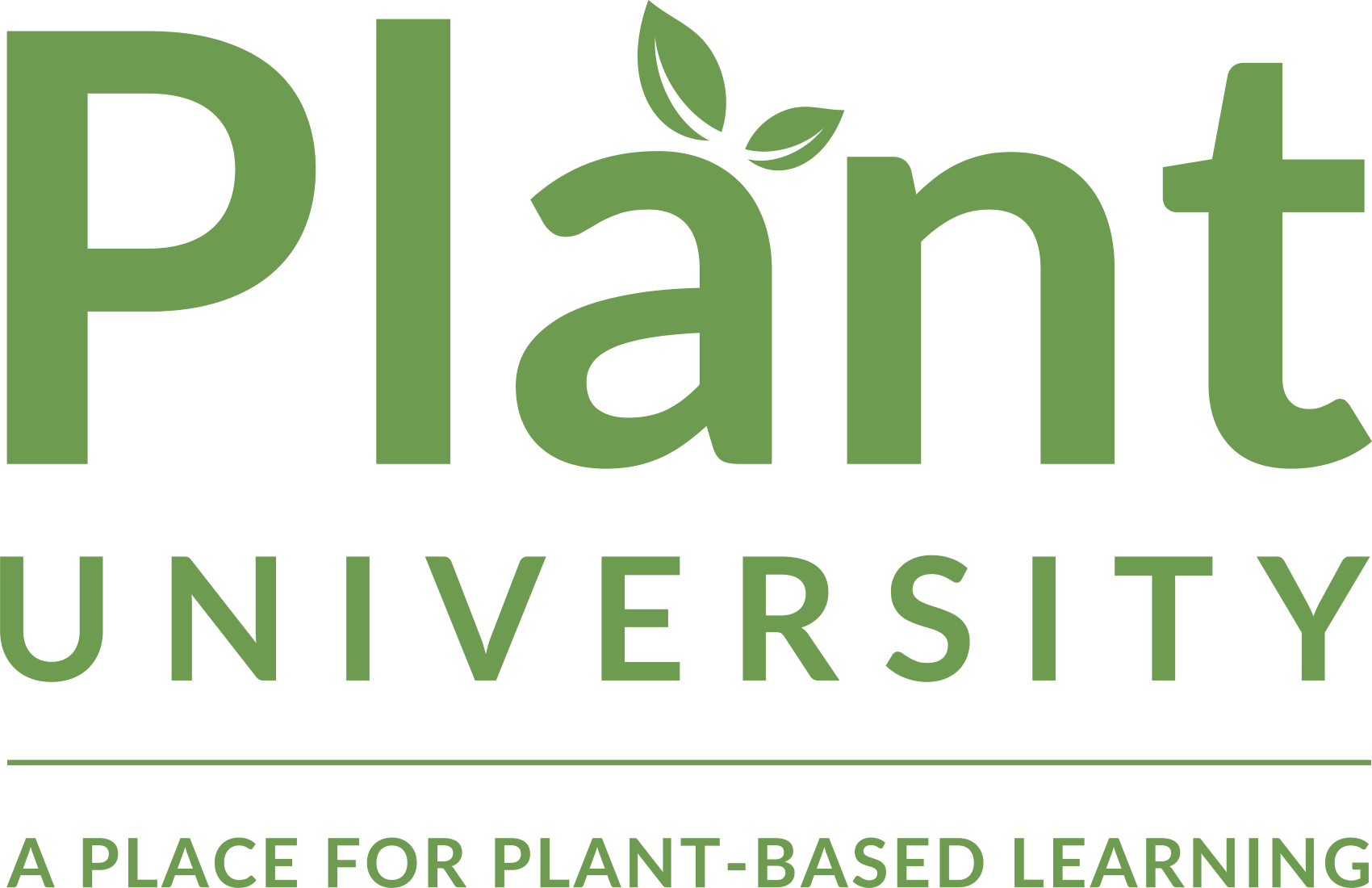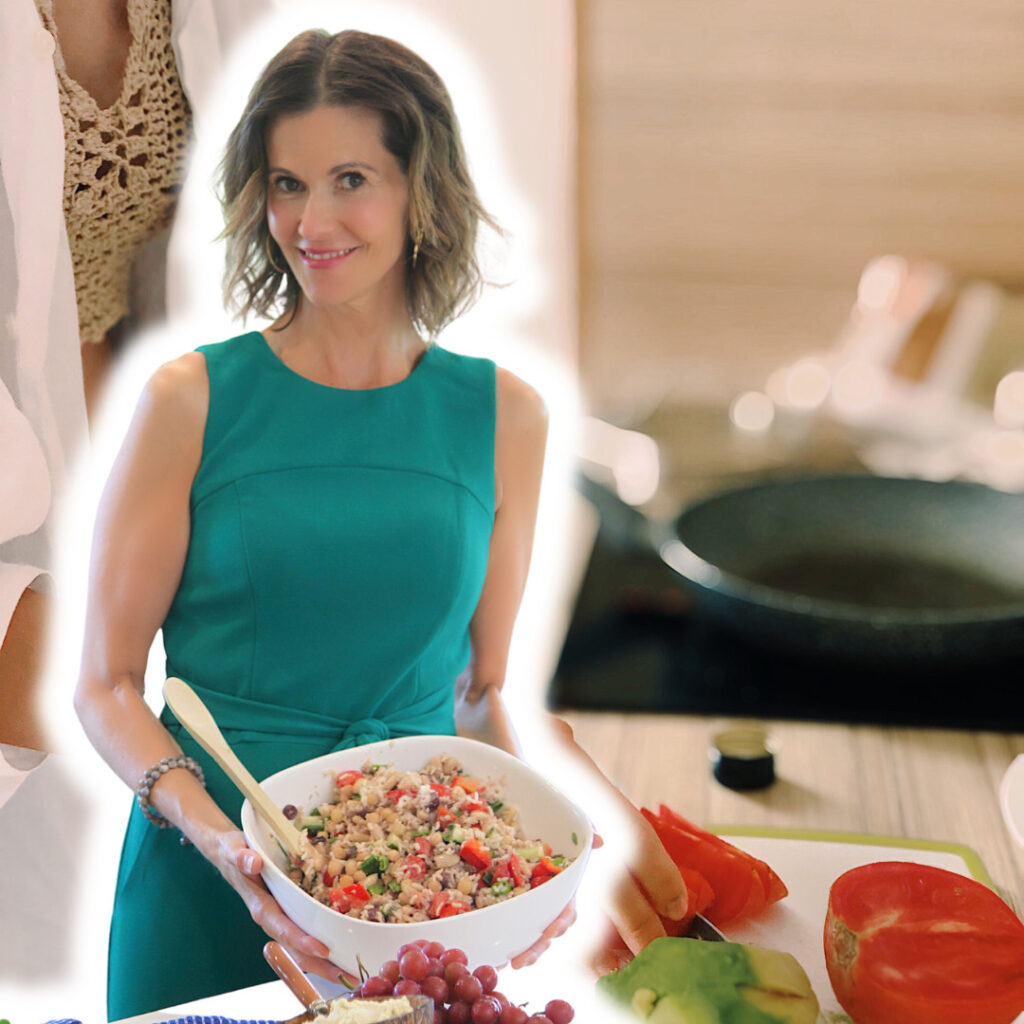Chat with a Vegan: Pamela Fergusson, Registered Dietitian

As part of our “Chat with a Vegan” series, PlantUniversity’s Brighde Reed sat down and spoke with Pamela Fergusson. Pamela is a Registered Dietitian who owns a private practice in Nelson, British Columbia. We hope you find her experience and advice helpful no matter where you are on your own plant-based journey.
You can follow Pamela across multiple platforms:
If you’re interested in learning more after reading this blog post, you can find great resources on the Vancouver Humane Society’s PlantUniversity Platform and subscribe to get free plant-based recipes and be notified when the next interview is posted.
Who are you and what do you do?
I’m Pamela Fergusson, a Registered Dietitian. I have a Ph.D. in nutrition and I have a private practice. I live in Nelson, British Columbia, Canada, and I run my practice from here. I see people from across Canada and also internationally too. I specialize in plant-based nutrition and I am vegan, but I see all types of eaters. Generally, the omnivore clients that I see are usually looking to transition to more plant-based and I always help my clients move in the direction of being more plant-based. We have so much evidence that it is an optimal way to eat.
For fun, I’m very fortunate. I live in the beautiful Kootenay region of B.C. We live in such a gorgeous place, full of hiking, swimming, beaches, and amazing skiing in the winter. And I try to take advantage of that as much as I can. I have four children. Three of them are still living at home, so I’m a busy person with a business and also a busy family and I have a beautiful dog as well. Life is busy, but when I have the opportunity, I’m outdoors. I’m also very passionate about yoga; I try to go to yoga five or six days a week.
When did you become vegan and what was your motivation?
I get asked this all the time and to be honest, I cannot remember the exact time that I went vegan, but I think it was around nine or ten years ago. Before that I was a vegetarian for a long time.
I originally went vegetarian in university after reading the book Diet for a Small Planet. I went vegetarian partly for environmental reasons, but also this idea that was put forward in that book that we have enough calories on our planet to feed everyone, we’re just distributing them poorly. That was compelling for me as I was interested in eating lower down the food chain so that we do not squander our food resources.
Much later on, I became fully plant-based and it wasn’t until then that I switched on more to the ethical issues so I decided to be fully vegan. I was motivated by the environment, and I was somewhat motivated by health. But once I made the connection with animal suffering, that was what took me from 90% of the way there to a hundred percent and fully committed.
What was easy for you when you went vegan and what was more of a challenge?
I have to say I do have a little bit of an advantage that I am a Registered Dietitian. I have a Ph.D. in nutrition, so I went vegan feeling quite confident that I would be able to cook meals that I would enjoy. I had been a vegetarian before for a long time, so I already had some expertise in preparing plant-based options.
Probably the more challenging part was bringing my children on board. We transitioned the children over a year. The kids had been omnivorous before that. We went very slowly with the kids so they felt on board with the transition and just moving at the pace that was comfortable for them as their taste buds adapted and as their identity adapted.
My kids eat a plant-based diet at home and make their own decisions outside the home. They have varying levels of commitment to or interest in being vegan. At home, they are fully plant-based and they enjoy plant-based food.
What are some nutrients that vegan children need to make an effort to get?
Key nutrients for vegan children include dietary fat. Children, particularly younger children, and toddlers require a lot more fat in their diet than adults do. This is not an age group to be eating low fat. They should be enjoying sources of fat like nut and seed butter; hummus is a great one because it’s providing healthy fats as well as protein.
Don’t hesitate to use some oils when cooking for children. If oils are something that you use in your household, you certainly can use those in preparing foods for your children.
Protein is also important. We don’t need to overly worry about protein, but we certainly wouldn’t want to get into a pattern of feeding children mostly only fruits and vegetables. They do need to be getting a few protein-rich sources a day like beans, lentils, tofu, tempeh, and meat alternatives are also an option if your family includes those.
Nuts and seeds are also sources of both proteins and healthy fats.
Next, we can consider some of the micronutrients like iron, a key nutrient for kids. Iron deficiency is common in children, not only for vegan kids but actually among omnivorous children as well. We do need to think of iron-rich foods in plant-based options, those again are a lot of the high-protein foods. Beans, lentils, and greens also are good sources of iron and tofu is a pretty good source of iron too.
Finally, calcium. I encourage all plant-based families to offer a cup or even two cups of plant-based milk to their older children each day. If you have a baby or a toddler who is consuming breast milk or formula, then you may be waiting until they’re old enough. Talk to your dietitian or pediatrician to introduce plant-based milks. For school-aged children, pre-schoolers, and certainly teenagers, including a cup or two cups of plant-based milk that’s fortified with calcium each day will help them to meet their calcium needs.
Calcium is well distributed across whole foods in a plant-based diet as well. Dried fruits, nuts, and seeds, particularly sesame seeds, so tahini and tahini dressings are a good source of calcium, or once again hummus. Green veggies and leafy greens as well as tofu, beans, and lentils are good sources of calcium. The combination of choosing mostly whole plant-based foods, along with fortified plant-based milk; I would underscore that.
Although those are key nutrients for plant-based families to consider, they’re really just the nutrients that are important for growing children, and these are certainly available on a plant-based diet.
This interview from PlantUniversity’s “Chat with a Vegan” series was hosted by Brighde Reed of World Vegan Travel and featured Dr. Pamela Fergusson, RD.
More posts like this
I’m a photojournalist; here’s how I advocate for animals using the power of imagery
I’m a photojournalist; here’s how I advocate for animals using the…
I’m a family doctor; here’s what I tell my patients about going plant-based
I’m a family doctor; here’s what I tell my patients about…
Chat with a vegan: Stephanie Redcross West, business coach and marketing strategist
Chat with a vegan: Stephanie Redcross West, business coach and marketing…
Chat with a vegan: Dreena Burton, cookbook author and fascial stretch instructor
Chat with a Vegan: Dreena Burton, cookbook author and fascial stretch…
Chat with a vegan: Rian Peters, recording artist
Chat with a vegan: Rian Peters, recording artist As part of…





